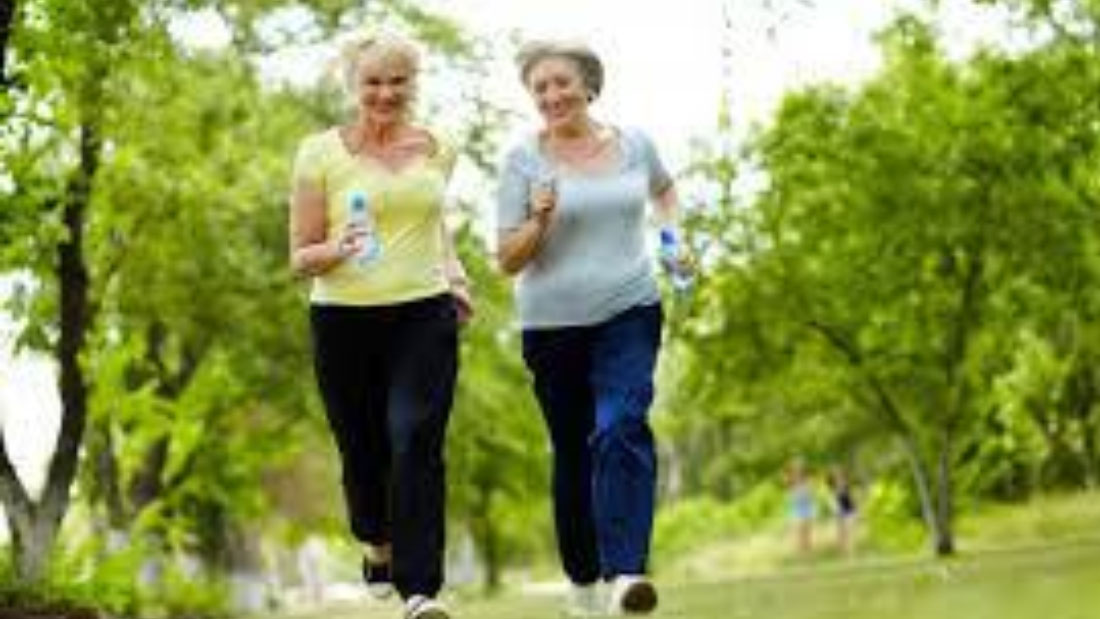
25 Nov Menopause, can we blame for weight gain?
According to National Health Service (NHS), the average age for a woman reach the menopause is age of 51, a variety of physiological changes and menopause symptoms occur that can have sometimes a profound impact on their lives. Some general symptoms are depression, hot flashes, insomnia, mood swings, fatigue. Long term consequences can include a decline in libido, osteoporosis, heart disease, dementia – all linked to reduced oestrogen levels (NICE, 2014). Ageing related change in the balance of hormones concentration is associated with bone and muscle tissue loss, lowered metabolism, increased body fat and reduced physical activity.
Menopause doesn’t lead to weight gain. Instead, the drop in estrogen redirects to increase abdominal fat storage, according to International Menopause Society, 2012. Over time, these gains can add up to overweight and obesity, both of which are associated with health problems such as diabetes, cardiovascular disease, hypertension and depression. However, we can’t blame weight gain entirely on hormonal changes. If you want to maintain your weight as you get older you need to cut down in calories and be active such as walking, dancing, swimming, cycling at least half-hour five days a week.
Here are some aliments that can increase natural oestrogen production for menopause women. The mean source of soy isoflavones are soybeans, that can be found in tofu, soy protein, soy flour, miso, tempeh, edamame as well as in green split peas, clover sprouts, walnuts, avocado, lentils, chickpeas, beans and other soya based products


